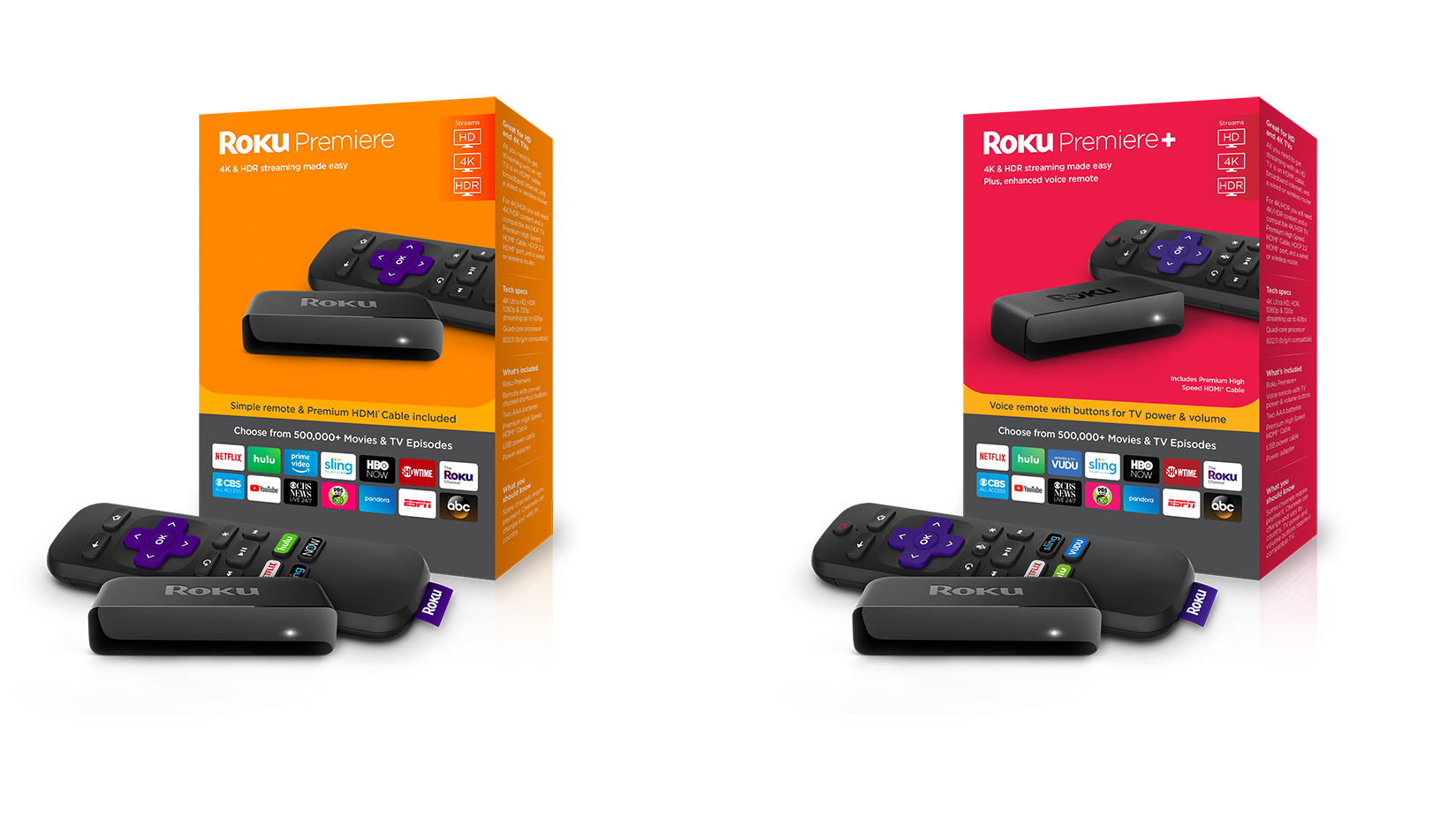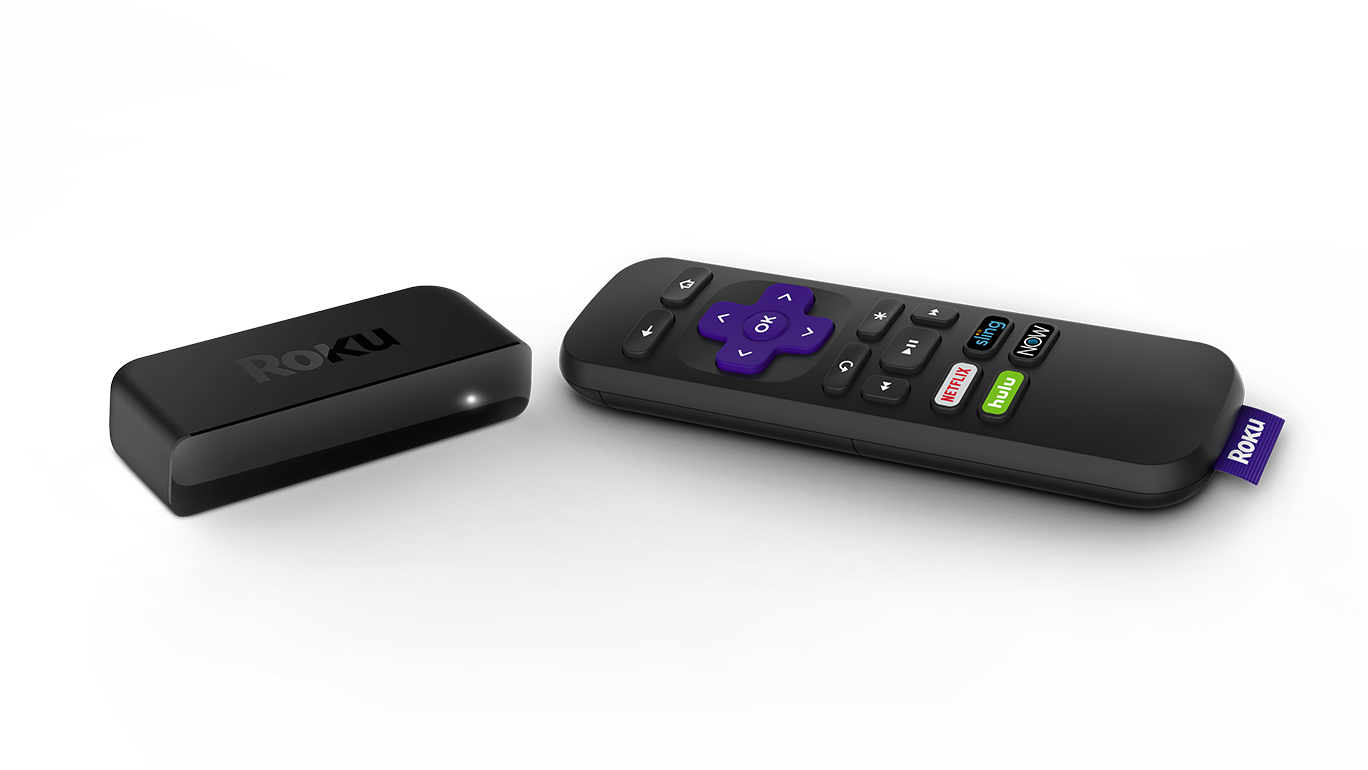Roku announces two new players and Google Assistant support

Sign up for breaking news, reviews, opinion, top tech deals, and more.
You are now subscribed
Your newsletter sign-up was successful
While Amazon didn’t have many updates to its Fire TV lineup to show us at its Seattle event last week, Roku is using the last part of 2018 to update its player lineup with a new version of the Roku Premiere and Premiere+.
Like their last incarnation that came out in 2016, the new Roku Premiere and Premiere+ will offer 4K HDR streaming at a budget price point – just $39.99 and $49.99, respectively.
The difference in price comes down to the fact that the regular Premiere only comes packed with a standard IR remote, while the Premiere+ includes the Bluetooth remote that can control the power and volume on your TV.
The players are US-only for now and Roku says that while the Premiere will be widely available, the Premiere+ will be a Walmart exclusive.

Google Assistant to boot
Alongside the new players, Roku also announced a new software update coming to all players in the form of Roku OS 9 that will begin rolling out to Roku streaming players in early November and Roku TVs early next year.
The latest version of the software will see the return of Spotify to the platform, as well as the inclusion of Pandora Premium – two of the biggest audio streaming services on the planet.
More exciting, however, is the inclusion of Google Assistant support.
Sign up for breaking news, reviews, opinion, top tech deals, and more.
With help from Google Assistant devices like the Google Home, you’ll soon be able to pause and search for content and launch channels. If you’re a Roku TV owner, you’ll also be able to use Assistant to turn your TV on and off, turn up the volume, mute, switch inputs and change channels if there is an OTA antenna connected.
The updates will be out after the Roku Premiere and Roku Premiere+, both of which due out in October and are available to pre-order starting today.
- Need a Roku right now? Check out the Roku Ultra

Nick Pino is Managing Editor, TV and AV for TechRadar's sister site, Tom's Guide. Previously, he was the Senior Editor of Home Entertainment at TechRadar, covering TVs, headphones, speakers, video games, VR and streaming devices. He's also written for GamesRadar+, Official Xbox Magazine, PC Gamer and other outlets over the last decade, and he has a degree in computer science he's not using if anyone wants it.